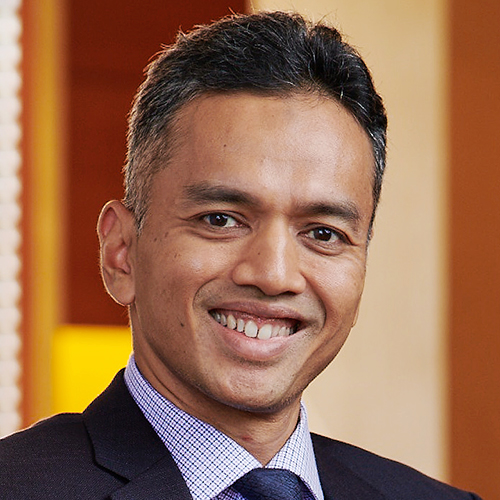WHILE Asian private banks, high net worth investors (HNWIs) and smaller institutional investors are keen to invest in assets that offer measurable environmental, social and governance (ESG) benefits, the process has not been easy.
Most ESG-linked investment instruments that are currently available in the market are designed for large institutional investors who are capable of investing in large ticket items amounting to millions of dollars.
Another reason is that existing ESG-linked investment products often lack the flexibility in terms of liquidity, structure, maturity, and returns to meet the more demanding requirements of private banks, HNWIs, and smaller financial institutions.
In Asia, private banks and their HNWI clients as well as smaller institutional investors have been focussing on ESG-related investments and are seeking new investment solutions that will allow them to invest more in ESG-related assets, according to findings by Societe Generale's sustainability research unit.
"We are seeing ESG investing expanding to new categories of investors especially smaller financial institutions and private bank clients. We start with the bigger institutions but there will always be smaller institutions who wouldn't have to capacity to cover all the issues, in all the different markets, in all the projects and asking for tailor-made ESG investment solutions," Isabelle Millat, Paris-based head of Sustainable Investment Solutions of Societe Generale Corporate Investment Banking says in an interview with The Asset. "When we face smaller institutional clients or private banks, they have certain needs in terms of flexibility. They come for a certain size, a certain maturity, they want a certain level of coupon, and they can take more or less risk depending on their financial assets. So we have this need to customize."
Millat and Yannick Ouaknine, head of sustainability research for Societe Generale recently visited Hong Kong and Singapore to meet with top Asian financial institutions and private banks interested in ESG investing. Societe Generale held its first sustainable and impact finance conference in Asia on July 5 in Singapore.
Millat cites green bonds, which although popular among large institutional investors do not meet the investment requirements of private banks, HNWIs and smaller finance institutions.
"A green bond is usually a vanilla product and it's usually a large size issuance, so you will gather investors around the issue to maturity. It's had a lot of success but it's a take-it-or-leave-it kind of solution. It's a very institutional-client type of market with low liquidity because with the higher demand investors see it as a buy-and-hold solution. But it's a great product, it's grown in size, it's created a lot of awareness of ESG investing," says Millat.
In response to the unique requirements of private banks, HNWIs and smaller financial institutions, Socgen has developed "positive impact notes" which is basically an investment solution, with loans invested in projects that meet the requirements for "positive impact financing", as their underlying.
"Positive impact financing" are basically loans that meet the requirement of the United Nation's Positive Impact Manifesto, a critical document for ethical investing that covers blended finance, green bonds, triple bottom line reporting, sustainable banking, etc. The manifesto was issued by 10 major global banks in 2015 as an overall guide for ESG investing.
The "positive impact notes" are packaged by Socgen's markets unit and corporate finance unit. The underlying projects of the "positive impact notes" are audited internally and externally by Socgen to ensure that they meet the requirements for positive impact investing.
In terms of risk management, the "positive impact notes" stay on the balance sheet of Socgen which has a top credit rating.
In 2017, Socgen's positive impact finance transactions amounted to 2.7 billlion euros versus 2.2 billion euros in 2016. In 2015 and 2016, Socgen successfully issued two vanilla positive impact bonds to fund renewable energy projects in order to contribute to the fight against climate change.
"We see a strong appetite for ESG investing. With the increase in the speed of change in Asia, a lot of investors do believe that growth will happen in Asia as well," says Ouaknine says.
Photo by McKylan Mullins from Pexels









